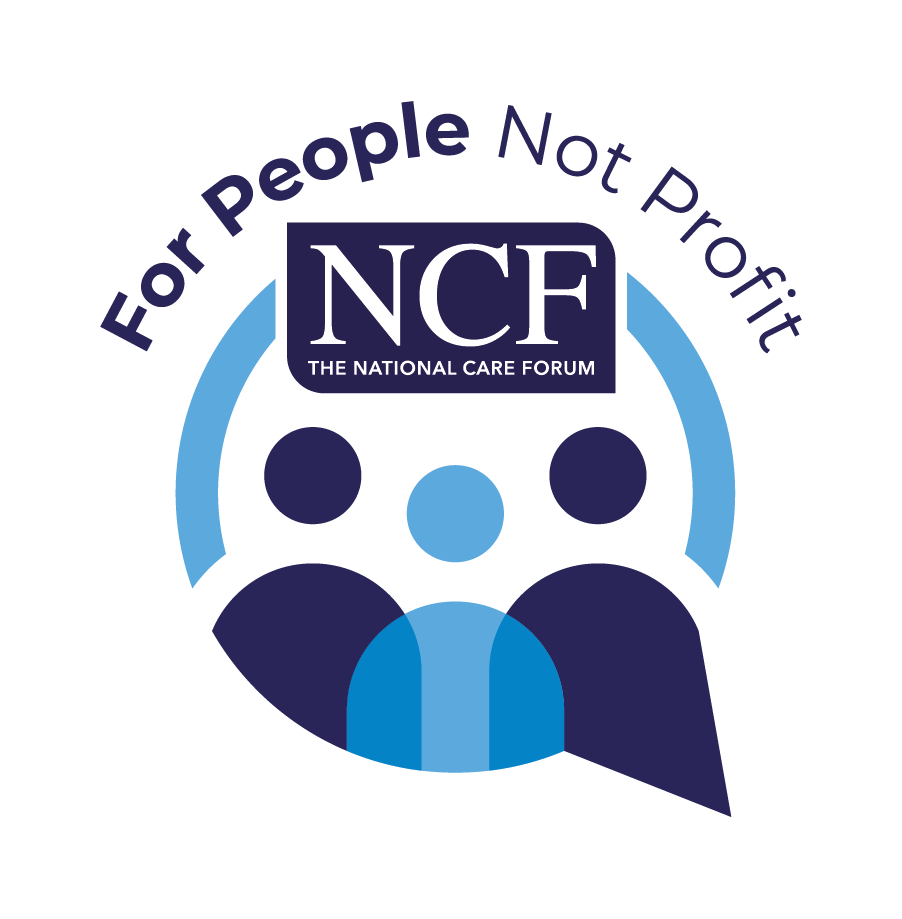
World Alzheimer’s Month is the world-wide campaign by Alzheimer’s Disease International that runs every September to raise awareness and challenge the stigma that surrounds dementia. They believe that the misinformation that surrounds dementia remains a global problem that requires global action.
They need help from everybody to make a significant change. So, to show our support and help challenge misinformation, we’ve compiled a list of some of the common misconceptions that surround Alzheimer’s disease.
False: Alzheimer’s disease and dementia are the same thing
True: Dementia is a term used for symptoms like confusion, memory loss, mood changes, and personality changes. There are a whole range of conditions that can cause dementia, not just Alzheimer’s. The most common are Alzheimer’s disease, dementia with Lewy bodies, vascular dementia and Frontotemporal dementia.
False: The disease causes rapid loss of communication ability.
True: Generally, the progress of the disease is gradual, and the individual concerned will lose spoken language skills slowly. In early stages, there will be difficulty remembering names of objects and expressing thoughts. A rapid deterioration in language skills may be due to some other causes. It is only severely progressed dementia that can lead to loss of the ability to speak.
False: The disease is a normal part of the ageing process.
True: Some memory loss is expected due to ageing. However, this sort of memory loss does not make people unable to carry out their daily routines or induce radical changes in behaviour and personality. But the significant memory loss associated with Alzheimer’s disease and dementia is not due to ageing.
False: Alzheimer’s disease is genetically inherited.
True: It is a misconception to think idea that Alzheimer’s disease is genetically inherited. In fact, only 5% of Alzheimer’s—early onset disease, generally before the age of 65—can be passed from one generation to another. In 95% of Alzheimer’s disease cases, however, the disease is not genetically inherited.
False: You can prevent dementia
True: Research is beginning to suggest that people may be able to reduce their chances of getting dementia through eating a healthy diet, physical exercise, and mental activity. However, it hasn’t been conclusively proven that a healthy lifestyle can prevent Alzheimer’s disease and other types of dementia from occurring yet.
We believe that the more knowledge we have about Alzheimer’s disease and dementia, the more we can assist people living with this disease to live well and to live with dignity.
If you would like to support World Alzheimer’s Month, then you can donate via their website or find out more in their ‘Get Involved’ web page.







